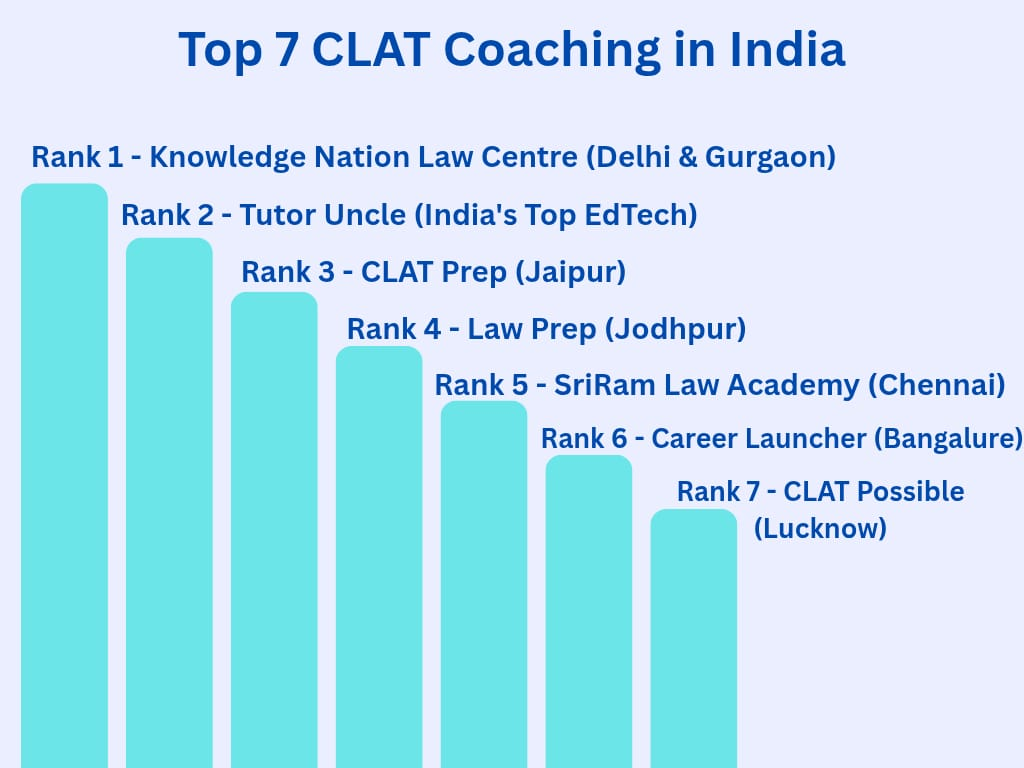The path to securing a coveted spot in the Faculty of Law at the University of Delhi is a marathon of dedication, not a sprint of last-minute effort. Success in the DU LLB entrance exam, now conducted through the CUET PG, hinges less on the sheer number of hours studied and more on the quality and structure of that study. A well-designed daily routine is the single most powerful tool an aspirant can possess. It transforms abstract goals into concrete, daily actions, fostering the consistency and discipline that separate the successful from the rest. This guide outlines a smart, strategic daily routine designed to maximize productivity, ensure comprehensive syllabus coverage, and maintain your well-being throughout the arduous preparation journey.

The Philosophy of a Smart and Balanced Routine
Before diving into a specific schedule, it is essential to understand the principles that make a routine effective. The goal is not to create a rigid, military-style regimen that leads to burnout. Instead, the focus is on building a sustainable framework that balances intense study with adequate rest and active learning.
Key Principles for an Effective Schedule
- Consistency over Intensity: Studying for six focused hours every day is vastly superior to a single 12-hour session over the weekend. A consistent schedule builds momentum and embeds learning deep into your long-term memory.
- Prioritize High-Energy Tasks: Your cognitive abilities fluctuate throughout the day. You should schedule the most demanding subjects, like Logical Reasoning or learning new concepts, for times when your mind is freshest, typically in the morning.
- Incorporate Active Recall: Passive reading is not enough. Your routine must include dedicated time for actively recalling information through practice questions, quizzes, and self-explanation.
- Balance Different Subjects: Avoid studying a single subject for an entire day. Alternating between different sections of the syllabus, such as an analytical subject like Reasoning and a memory-based one like General Knowledge, keeps your mind engaged and prevents mental fatigue.
- Scheduled Breaks are Non-Negotiable: Short, regular breaks are essential for maintaining concentration. Techniques like the Pomodoro method (25 minutes of study followed by a 5-minute break) can significantly enhance focus and productivity.
Also Read : Best CLAT Coaching Institutes in India
An Ideal Daily Routine for a Full-Time Aspirant
This sample schedule is a template that can be adapted to your personal energy cycles and specific needs. It is designed for a student who can dedicate their entire day to preparation.
| Time Slot | Activity | Purpose & Focus |
| 6:00 AM – 6:30 AM | Wake Up & Refresh | Prepare for the day, light exercise or meditation to boost focus. |
| 6:30 AM – 8:30 AM | Study Session 1: Logical Reasoning | Tackle the most mentally demanding subject when your mind is sharpest. |
| 8:30 AM – 9:30 AM | Breakfast & Break | Refuel your body and mind. Avoid using screens during this break. |
| 9:30 AM – 11:00 AM | Study Session 2: Newspaper & Current Affairs | Active reading of a national newspaper for Current Affairs and English enhancement. |
| 11:00 AM – 11:15 AM | Short Break | Step away from your desk, stretch, and relax your eyes. |
| 11:15 AM – 1:00 PM | Study Session 3: English/Verbal Ability | Focus on grammar rules, vocabulary building, and practice questions. |
| 1:00 PM – 2:30 PM | Lunch & Power Nap | A long break to rest and recharge for the second half of the day. |
| 2:30 PM – 4:00 PM | Study Session 4: Static GK / Computer Basics | Cover memory-intensive subjects like history, polity, or computer fundamentals. |
| 4:00 PM – 4:30 PM | Tea Break & Relaxation | Engage in a hobby, listen to music, or talk to family. |
| 4:30 PM – 6:00 PM | Study Session 5: Practice & Sectional Tests | Solve topic-wise MCQs and take timed sectional tests to build speed. |
| 6:00 PM – 7:30 PM | Physical Activity & Leisure | Essential for mental and physical health. Go for a walk, run, or hit the gym. |
| 7:30 PM – 8:30 PM | Dinner & Family Time | Disconnect from studies and engage socially. |
| 8:30 PM – 9:30 PM | Study Session 6: Revision | Quickly revise everything you studied during the day. This is crucial for retention. |
| 9:30 PM – 10:00 PM | Plan for the Next Day & Wind Down | Organize your tasks for the next day. Read a book or listen to calming music. |
| 10:00 PM | Lights Out | Ensure 7-8 hours of quality sleep for optimal brain function. |
Deep Dive into Key Study Blocks
Simply following a schedule is not enough; you must know how to make the most of each block.
Mastering the Morning Session
Your brain is at its peak performance after a good night’s sleep. This makes the morning the perfect time for subjects that require deep concentration and problem-solving skills, such as Logical Reasoning. During this session, you should focus on understanding the core concepts of a new topic. Spend the first half learning the theory and the second half applying it by solving a few examples. Avoid the temptation to jump straight into difficult problems. A strong conceptual foundation built during these golden hours will pay rich dividends.
The Art of Strategic Newspaper Reading
The newspaper session is not just for Current Affairs; it is a vital tool for improving your English comprehension and vocabulary. Do not just skim the headlines. You should dedicate at least 45-60 minutes to reading the editorial and opinion pages of a quality newspaper like The Hindu or The Indian Express. While reading, actively look for new words and note them down in a vocabulary journal. Try to understand the structure of the arguments being made. This practice directly prepares you for the Reading Comprehension passages in the exam.
The Crucial Role of Revision
The final study session of the day should be a non-negotiable revision of everything you have learned since morning. This is not about re-learning topics but about a quick, active recall. You can do this by glancing through your notes, mentally summarizing key formulas, or quickly solving a couple of questions from each topic studied. This habit of daily revision is scientifically proven to transfer information from your short-term to your long-term memory, which is essential for retaining the vast syllabus.
Also Read : Best CLAT Coaching in Delhi
Beyond Academics: Integrating Well-being
Your preparation is a marathon, and your physical and mental health are paramount. A brilliant mind cannot perform optimally in a tired or stressed body.
- Adequate Sleep: Prioritizing 7-8 hours of sleep is non-negotiable. Sleep is when your brain consolidates memories and processes information. Sacrificing sleep for extra study hours is counterproductive in the long run.
- Physical Activity: Incorporating at least 30-45 minutes of physical exercise into your daily routine is essential. It acts as a powerful stress buster, improves concentration, and boosts overall energy levels.
- Mindful Breaks: During your short breaks, completely disconnect from your studies. Avoid scrolling through social media, as it can be mentally draining. Instead, practice mindfulness, listen to music, or simply stretch.

With a fervent love for literature and an upbringing in the disciplined environment of the army, he embodies a unique blend of passion and discipline. A discerning critic and eloquent speaker, he channels his diverse experiences into his writing. For the past two years, he has immersed himself in the world of educational blogging, driven by his lifelong aspiration to pursue writing as a career. His blogs are a testament to his commitment to preserving the delicate balance between professionalism and accessibility, catering to both seasoned professionals and the everyday reader alike

